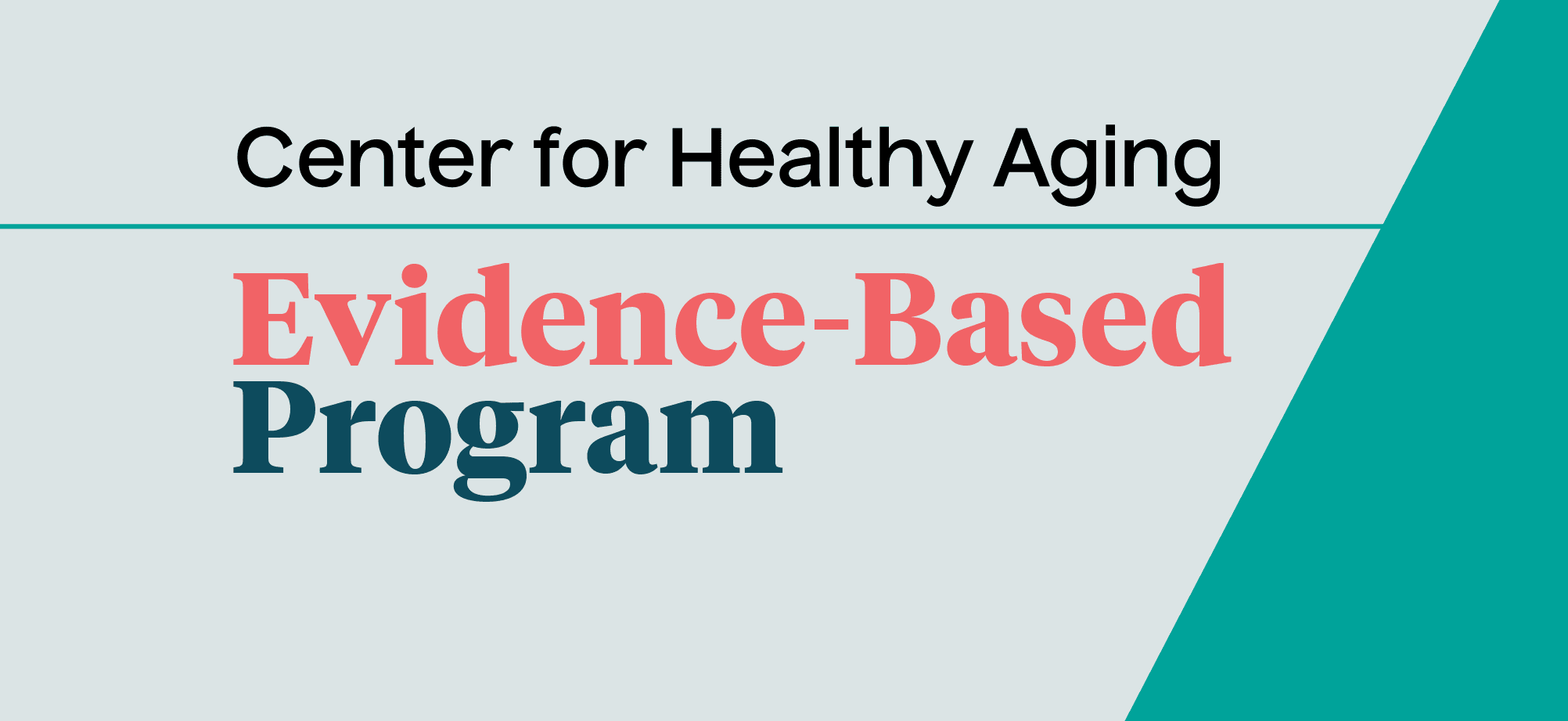Evidence-Based Program: SHARE for Dementia (Support, Health, Activities, Resources, Education)
2 min read

SHARE is an evidence-based care planning counseling intervention for persons living with early-stage dementia and their family caregivers. Participants work with a SHARE Counselor to identify care values and preferences for care, and engage sources of support, (i.e., family, friends, and service providers). This unique program is designed to help families build a balanced and realistic plan of care for the future.
Additional topics include caregiver support, care values and preferences; care planning; and self-care.
- Target audience:
- Community-based organizations and agencies serving persons in the early stages of dementia and their families
- Alzheimer's Association chapters
- Healthcare organizations and hospital systems
- Diagnostic assessment centers
- Private practitioners
- Health outcomes:
- Improved communication
- Less dyadic relationship strain/fewer disagreements between persons living with dementia and their family caregivers
- Increased service use
- Creation of a plan of care that empowers persons living with dementia, mobilizes support, and decreases the caregivers' burden of care
- Delivered by: Trained care consultant, nurse, social worker/mental health therapist, geriatric care manager, counselor
- Program type: Individual
- Format: In-person at home, in-person in community
- Length: 5 sessions plus the option of a family session; 6 to 8 weeks; one 60 to 90-minute session per week
- Training: Online, additional telephone-based coaching provided
- Professional required: Yes, SHARE Counselors include a variety of dementia care professionals such as social workers, counselors, nurses, geriatric care managers, and private practitioners. SHARE sessions are conducted in person either in the home or other private setting
- Topic(s):
- Physical Activity
- Alzheimer's Disease/Dementia
- Behavioral Health
- Care Transitions
- Chronic Disease
- Medication Management

